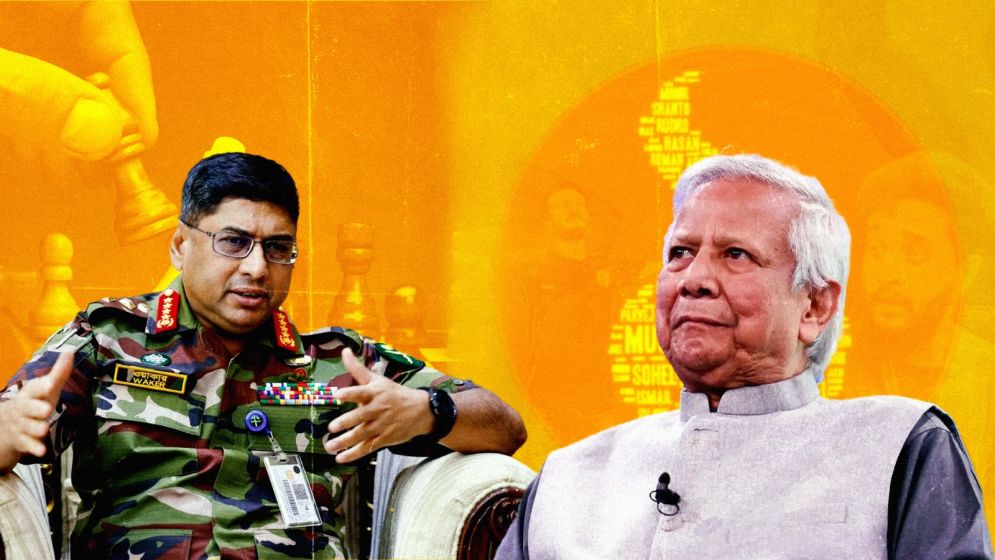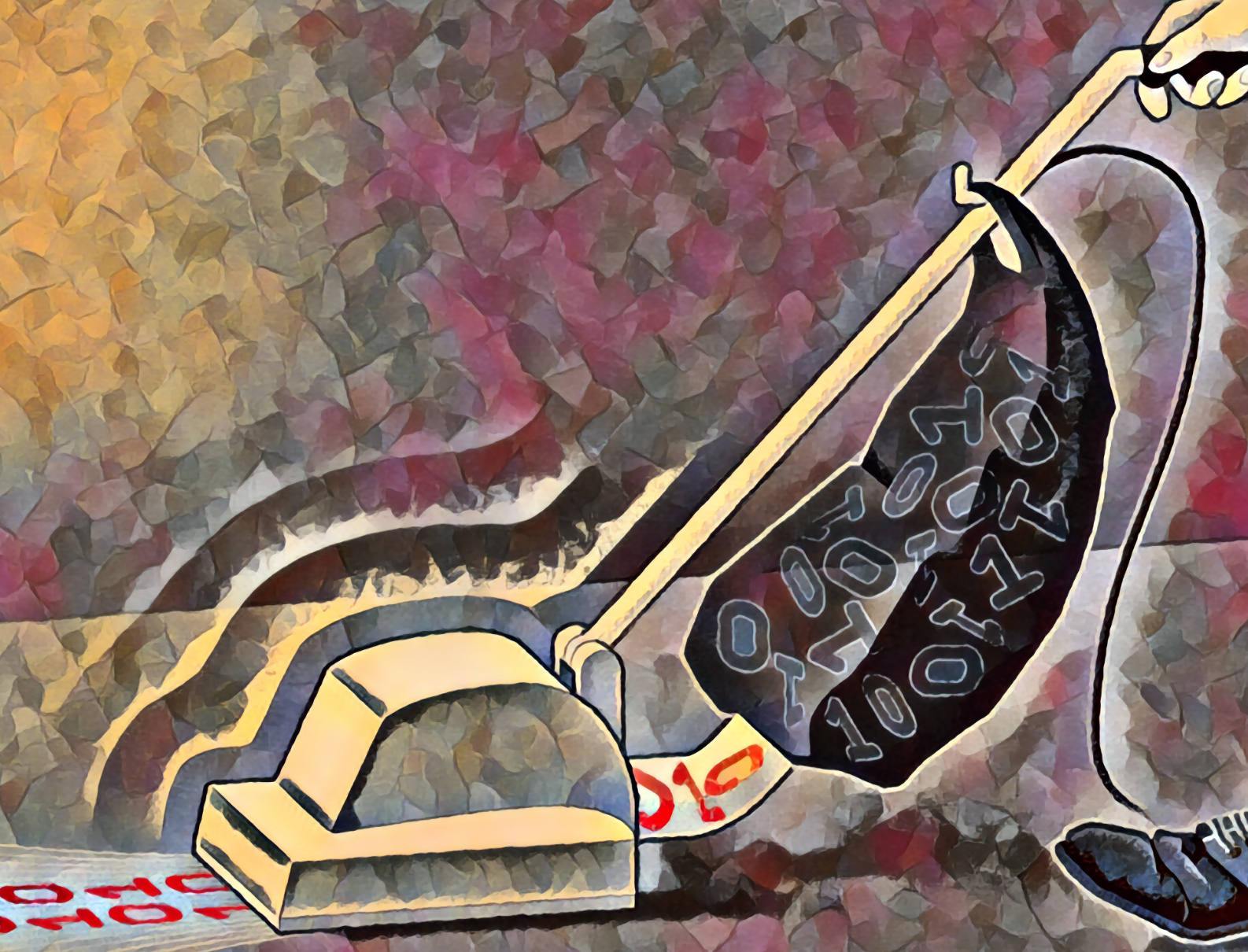What’s the way forward in the ‘Yunus resignation’ standoff?

The recent remarks by Chief Advisor Dr Muhammad Yunus–his expressions of frustration, even the possibility of resignation–have cracked open the calm facade of the interim government.
What was once a cautious but hopeful transition is now teetering on the edge of political paralysis.
This interim government did not emerge from a ballot box or a coup. It rose from a vacuum–a nation emptied of legitimacy after Sheikh Hasina fled in the wake of historic mass uprising on August 5th. That vacuum was filled by consensus and the army stood back while the people stood up.
Pro-democracy parties, student leaders, civil society–each had a hand in lifting Professor Yunus into the role of Chief Advisor. His appointment was an agreement.
Among the major players who supported this transition, none were louder or more unequivocal than the BNP. Their acting chairman, Tarique Rahman, publicly backed the interim arrangement and declared, unambiguously, that this government must not be allowed to fail.
The BNP may be vilified by some, but in terms of organizational depth, street power, and nationwide reach, it remains the most formidable political force in current Bangladesh. To pretend otherwise is delusion.
And yet, in recent months, something has shifted. A gap has opened–between the interim government and the very forces that helped bring it into being. The BNP, increasingly frustrated by delays in reform and what it sees as bureaucratic foot-dragging, has begun to stir.
Not with full-scale agitation, not yet–but the signs are clear. Protests sparked by the stalled swearing-in of Mayor Ishraq Hossain and the killing of student leader Soumya mark the first real rupture in a fragile peace.
What’s troubling is not just the protests. It’s the misreading of them.
A faction within the interim leadership appears to interpret the BNP’s measured restraint as weakness. That is a profound mistake. The BNP may not be on the streets in full force, but it has not forgotten how. And in a political culture built on confrontation, it still commands the kind of mass mobilization that can grind the capital to a halt in a matter of hours.
Civil society, too, once flush with idealism about this transitional moment, is beginning to lose patience. What was envisioned as a united, purpose-driven reset now looks increasingly like an isolated technocracy–one that risks mistaking its moral clarity for political competence.
Dr Yunus remains the only figure in the current arrangement with broad enough legitimacy to command respect across factions. His neutrality is his strength, but that strength is now under strain–from within and without.
If he steps down, whether through pressure or disillusionment, the scaffolding collapses. The factions will return to their trenches. The streets will return to fire. And the promise of a third way–a clean break from the dynastic decay of the past–will evaporate.

Reality check up for the interim
The interim government must understand: coalition, not control, is the only way forward. The parties who built this moment can just as easily dismantle it. And if that happens, the republic may not get another chance.
It is no longer a mystery where this government’s real strength lies–and where it doesn’t.
Outside a narrow circle of bureaucrats, a few algorithm-chasing Youtubers, and self-appointed “populists” who inflame street mobs for clicks, the legitimacy of this interim administration has always drawn from a deeper reservoir: the support of pro-democracy political parties, civil society, and, crucially, the restraint and tacit backing of the military.
That coalition is fraying.
Calls for elections by December have now come not only from the BNP and civil society figures but from the Chief of Army Staff himself. Even Jamaat-e-Islami–once on the political margins–has floated early 2025 as a deadline.
Within the NCP, social media posts from senior leaders suggest an uncomfortable realization: the delay is becoming indefensible. There is, unmistakably, a consensus emerging from the very forces that installed this government–one that demands elections not eventually, but imminently.
What’s remarkable–and deeply ironic–is that we are witnessing something rarely seen in any fragile democracy: a military urging a return to civilian rule through the ballot box, while the “so-called” civilian authority drags its feet.
It is a reversal of democratic norms so stark it borders on the absurd.
Professor Yunus, who entered this moment as a reluctant statesman, should know better than most: greatness in transitional leadership is not measured by how long one clings to power, but by how quickly one surrenders it to the people.
Those who whispered about a “five-year reform mandate” did him no favors. They did the republic even greater harm. The legacy of Bangladesh’s past caretaker governments is clear–those who organized free and fair elections swiftly were honored by history. Those who lingered lost both relevance and respect.
The country didn’t rise in August for a technocratic holding pattern. It rose for a reckoning. There was a brief window–charged with clarity and courage–when this government could have delivered it: a credible trial for the July massacre, structural reforms born from consensus, and a clear timeline for elections.
Instead, the worst actors of July fled into silence, the legal process dissolved into symbolic arrests, and a fog of impunity began to settle. Murder charges were weaponized indiscriminately. Political theater replaced justice.
What followed was chaos. Mob violence spun out of control. Religious sites were desecrated. Women were attacked on the streets. And from within the very institutions that led the uprising, whispers of corruption now cloud the reputations of student leaders who once symbolized hope.
This is not the revolution people rallied for.
A great political vacuum
The interim government still has a narrow path forward–but it is closing. That path begins with a clear election date, set not out of panic but principle. Professor Yunus must not become the man who stayed too long. He must become the one who handed power back–cleanly, quickly, and credibly.
The problem is, somewhere along the way, a faction within the interim government began to believe its own myth. Drunk on the language of reform and emboldened by a moment of rare public consensus, they drifted away from the political forces that birthed this transition and plunged into a fantasy of unilateral transformation.
They imagined they could redraw the architecture of the state without consultation, without legitimacy, and without consequence.
Their focus turned from foundational reforms to grandiose distractions–talk of "humanitarian corridors," unsolicited plans to hand over port operations to foreign firms, and top-down restructuring that bore no connection to the urgent political and judicial priorities at hand.
The gravest error, however, wasn’t ambition–it was arrogance. The Yunus administration failed to consistently engage the very coalition that legitimized its existence. Political parties, civil society, and the military–the original pillars of consensus–were sidelined.
Instead, in a move without precedent in the country’s history, a National Security Advisor was appointed to wield influence over matters traditionally held by the head of government. The optics and implications were alarming. In a fragile post-authoritarian moment, this was not just tone-deaf–it was destabilizing.
Professor Yunus, for all his moral authority, must take responsibility for allowing this drift. It is not enough to lament political non-cooperation while ignoring the sources of one’s own mandate.
Leadership, particularly in transitional moments, requires consultation. Not occasional outreach. Not symbolic meetings. Genuine political dialogue. The failure to pursue that has brought us to the brink.
There is only one way out now: the interim government must announce an election date–clearly, unequivocally–for December. No caveats. No delays.
Student leaders, some of whom have floated dangerously delusional narratives, need to descend from abstraction and rejoin reality. Power in a democracy does not belong to those who shout the loudest on social media or agitate in the streets. It belongs to those who win the people’s vote.
That includes the BNP. The idea that the BNP must be "blocked at all costs" because it might win a majority is not a strategy–it is a recipe for chaos.
If Jamaat or the NCP wish to counter the BNP, the path is not through legal acrobatics or backroom sabotage. The path is through the people. Fight at the ballot box. Win where you can. Lose where you must. That is democracy.
The NCP, if it wants to evolve from a protest movement into a political force, must make a choice. Alliance-building is survival. And the rational move is not to align with Youtubers and chaos merchants but with institutional actors who understand governance.
That means working with the BNP, not against the democratic process.
This moment was never supposed to be about perfect reform. It was about restoring the people’s right to choose. That choice is overdue. Delay it any longer, and there may be nothing left to restore.
—
Dr. Saimum Parvez serves as the BNP Chairperson's special assistant for foreign affairs. He is also the editor-in-chief of Bangla Outlook

